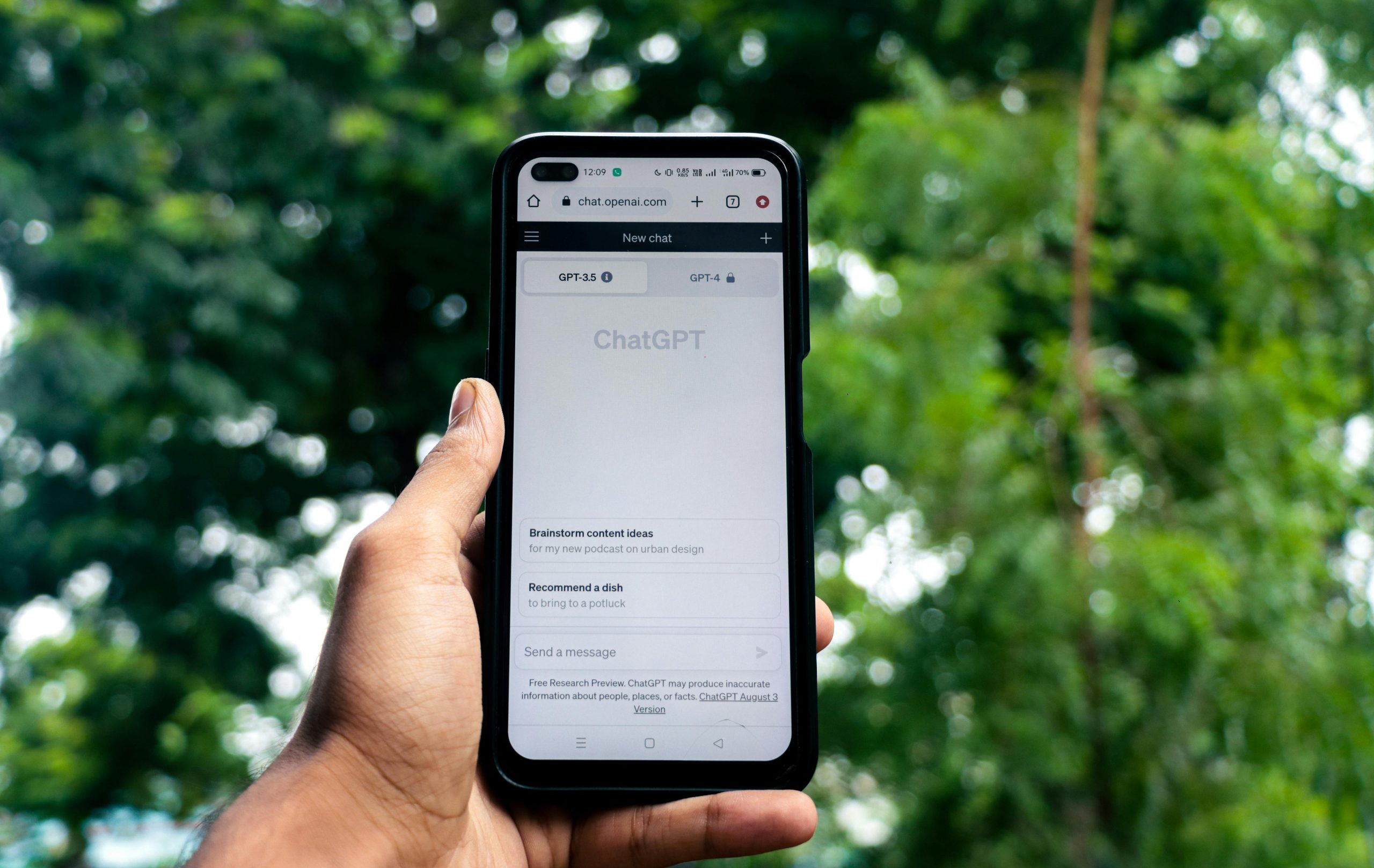ChatGPT website using persistent storage without permission?
Understanding Persistent Storage in ChatGPT: Privacy Concerns and How to Manage Your Data
Recently, many users have raised questions about the way ChatGPT handles data storage, especially regarding persistent storage and privacy implications. One user’s experience highlights important aspects of how chat history may be stored or retrieved, even when users believe they are operating in a privacy-preserving mode.
The User Experience: Unexpected Chat History Visibility
The individual initially engaged with ChatGPT without creating an account, routinely choosing to block the browser’s request for persistent storage. Under normal circumstances, this would mean that chat sessions should not be saved beyond the current browsing session. However, upon creating a temporary account to upload a document, they noticed their previous conversations automatically reappeared in the sidebar. This unexpected behavior suggests that, despite refusing persistent storage permissions, chat data may have been cataloged or retained on the server side all along.
How Is Persistent Storage in ChatGPT Implemented?
ChatGPT employs various mechanisms to enhance user experience, including potential local and server-side data storage. When permissions are granted—or sometimes even when they are not—OpenAI’s platforms may still retain chat logs to facilitate features like conversation history, account recovery, or service improvement.
It’s important to understand that:
- Browser permissions: Asking for persistent storage access typically relates to local data, such as cookies or local storage. Blocking these can prevent chat history from being stored locally.
- Server-side storage: Chat histories might be saved on OpenAI’s servers independently of your browser settings, especially if you sign in or create an account. Sometimes, conversation data can be linked to temporary accounts or device identifiers.
Privacy Implications
The confusion in this scenario underscores a common concern: how much data is being stored, and under what circumstances? Users who prefer not to have their interactions saved or tracked should consider the following:
- Creating an account or signing in may trigger data collection and storage.
- Blocking persistent storage in the browser does not necessarily prevent server-side data collection.
- Using the platform in incognito or private browsing modes can limit local storage but may not affect server-side archives.
How to Manage and Protect Your Data
If maintaining privacy is a priority, consider the following steps:
- Use Incognito Mode: This reduces local storage but doesn’t prevent server-side logging.
- Avoid Signing In: Creating an account or signing in typically associates your sessions with stored data.
- Clear Browser Data Regularly: Clearing cookies,














Post Comment